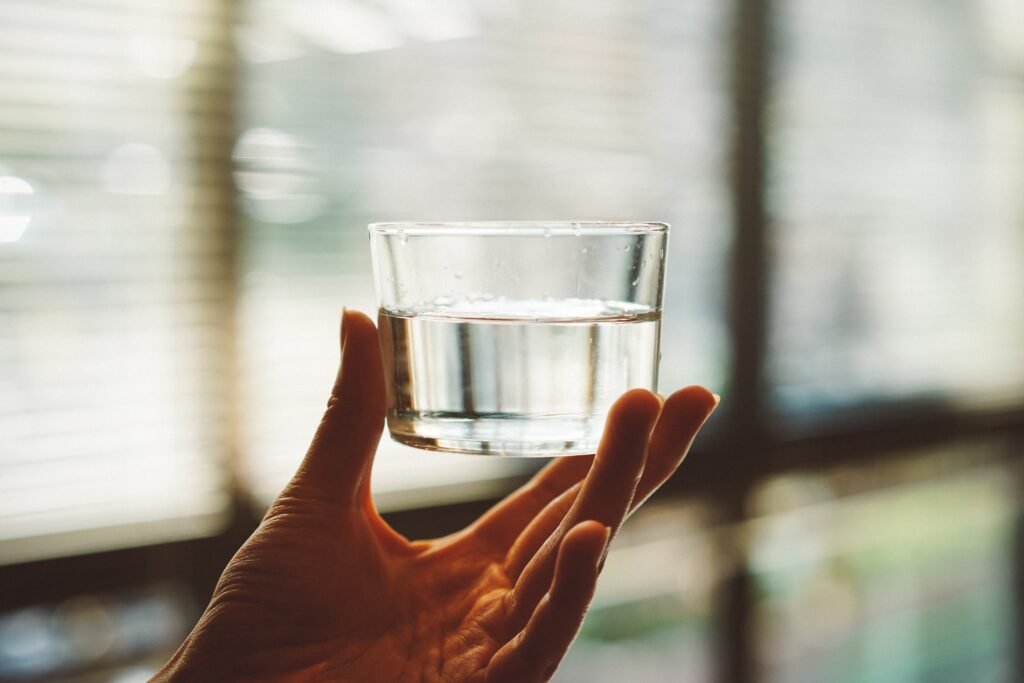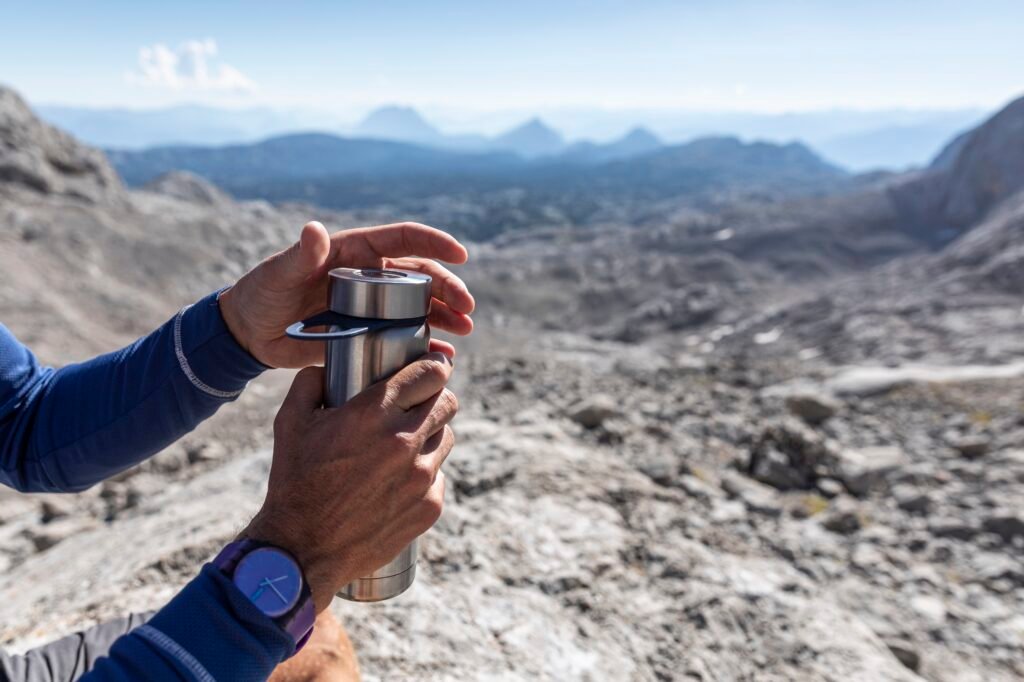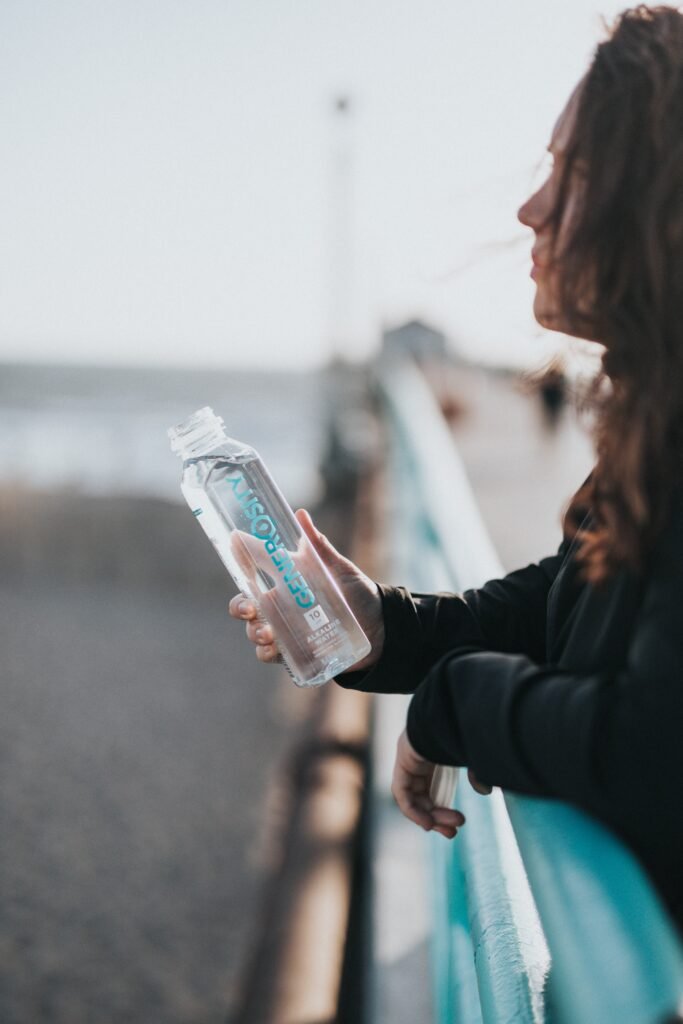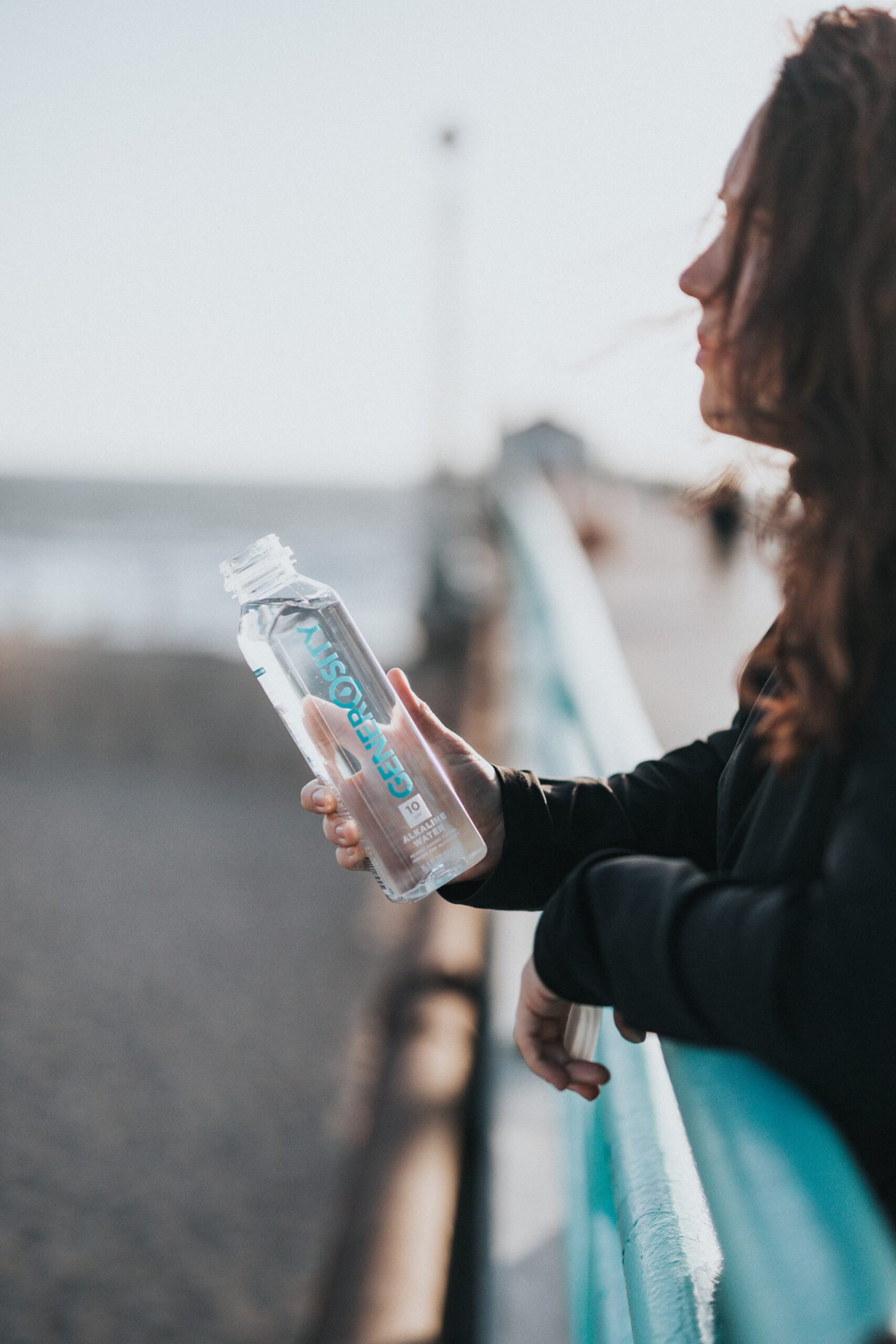Imagine a place where the citizens are constantly hydrated, their bodies flourishing like a well-watered garden. Welcome to Hydration Nation, where the importance of water in preventing kidney stones is put under the microscope. In this article, we will explore the vital role water plays in keeping those pesky kidney stones at bay and how staying hydrated can be the key to a healthier you. So grab a refreshing glass of H2O and get ready to dive into the world of kidney stone prevention.
Hydration Nation: The Role of Water in Kidney Stone Prevention
Kidney stones are a painful condition that affects millions of people around the world. They are hard mineral and salt deposits that form in the kidneys and can cause excruciating pain when they pass through the urinary tract. While there are various treatment options available for kidney stones, prevention is always better than cure. And when it comes to preventing kidney stones, water plays a crucial role.
Importance of Kidney Stone Prevention
Preventing kidney stones is important for several reasons. Firstly, as mentioned earlier, kidney stones are incredibly painful. The sharp, jagged edges of the stones can cause severe discomfort and may even require medical intervention to remove them. Secondly, kidney stones can lead to complications such as urinary tract infections and blockages, which can be quite serious. Finally, preventing kidney stones can save you from the financial burden of medical treatment and procedures associated with stone removal.
Composition and Formation of Kidney Stones
Understanding the composition and formation of kidney stones is crucial in developing effective prevention strategies. The most common type of kidney stone is calcium oxalate stone, which forms when calcium combines with oxalate in urine. Other types of stones include struvite stones, uric acid stones, and cystine stones. The composition of the stone determines the treatment options and the dietary and lifestyle changes needed for prevention.

This image is property of images.unsplash.com.
Risk Factors for Kidney Stone Formation
There are several risk factors that increase the likelihood of kidney stone formation. These include a family history of kidney stones, certain medical conditions such as urinary tract infections and kidney diseases, dehydration, a diet high in salt and animal protein, obesity, and certain medications. By identifying these risk factors, individuals can take proactive steps to reduce their chances of developing kidney stones.
The Role of Water in Kidney Stone Prevention
Water is often called the elixir of life, and for good reason. When it comes to kidney stone prevention, adequate hydration is crucial. Drinking plenty of water helps dilute the urine and flush out toxins and minerals that can contribute to the formation of kidney stones. It also helps maintain a healthy urine volume, which reduces the concentration of stone-forming substances.

This image is property of images.unsplash.com.
Recommended Daily Water Intake
So how much water should you drink to prevent kidney stones? The recommended daily water intake varies depending on factors such as age, sex, weight, physical activity, and climate. However, a general guideline is to drink at least 8 glasses (64 ounces) of water per day. This is equivalent to about 2 liters or half a gallon. It is important to spread out your water intake throughout the day rather than drinking a large amount at once.
Benefits of Water in Kidney Stone Prevention
Water offers several benefits when it comes to kidney stone prevention. Firstly, it helps prevent dehydration, which can lead to concentrated urine and increased risk of stone formation. Staying hydrated also helps maintain optimal kidney function, ensuring that waste products are efficiently filtered out of the body. In addition, drinking water can help reduce the acidity of urine, making it less conducive to stone formation.

This image is property of images.unsplash.com.
Other Fluid Options and Their Effects
While water is the best choice for hydration, other fluids can also contribute to your daily water intake. However, it is important to be mindful of the potential effects of certain fluids on kidney stone formation. For example, sugary drinks and sodas can increase the risk of stone formation due to their high sugar content. Similarly, beverages high in oxalate, such as tea and certain fruit juices, should be consumed in moderation to avoid increasing oxalate levels in the urine.
Effects of Dehydration on Kidney Stone Formation
Dehydration is one of the major risk factors for kidney stone formation. When the body is dehydrated, the urine becomes more concentrated, increasing the chances of mineral and salt deposits forming in the kidneys. Dehydration also reduces urine volume, making it more difficult for the kidneys to flush out waste products. This can lead to the accumulation of stone-forming substances and the formation of kidney stones. Therefore, it is essential to stay properly hydrated to prevent dehydration-related stone formation.
Water Quality and Its Impact on Kidney Stones
While the quantity of water you drink is important, the quality of the water can also have an impact on kidney stone formation. Hard water, which contains high levels of minerals such as calcium and magnesium, can contribute to the formation of calcium-based kidney stones. If you live in an area with hard water, using a water softener or considering filtered water options can help reduce the risk of stone formation. It is also important to ensure that your water source is clean and free from contaminants that can contribute to stone formation.
Tips for Staying Hydrated and Preventing Kidney Stones
Preventing kidney stones through adequate hydration is relatively simple, but it does require consistent effort. Here are some tips to help you stay hydrated and reduce your risk of kidney stone formation:
- Drink water throughout the day, aiming for at least 8 glasses (64 ounces) a day.
- Carry a reusable water bottle with you wherever you go to ensure easy access to water.
- Eat a balanced diet that includes plenty of fruits and vegetables, which naturally contain water and can contribute to your daily water intake.
- Limit your intake of salt, animal protein, and foods high in oxalate.
- Avoid sugary drinks and sodas, as they can increase the risk of stone formation.
- Consider using a water softener or filtered water options if you live in an area with hard water.
- Monitor your urine color – if it is dark yellow or amber, increase your water intake.
- Stay active and engage in regular physical activity, as sweating can increase your fluid needs.
By following these simple tips and prioritizing hydration, you can significantly reduce your risk of kidney stone formation and enjoy better overall health. Remember, prevention is always better than cure, so start making hydration a priority today!

